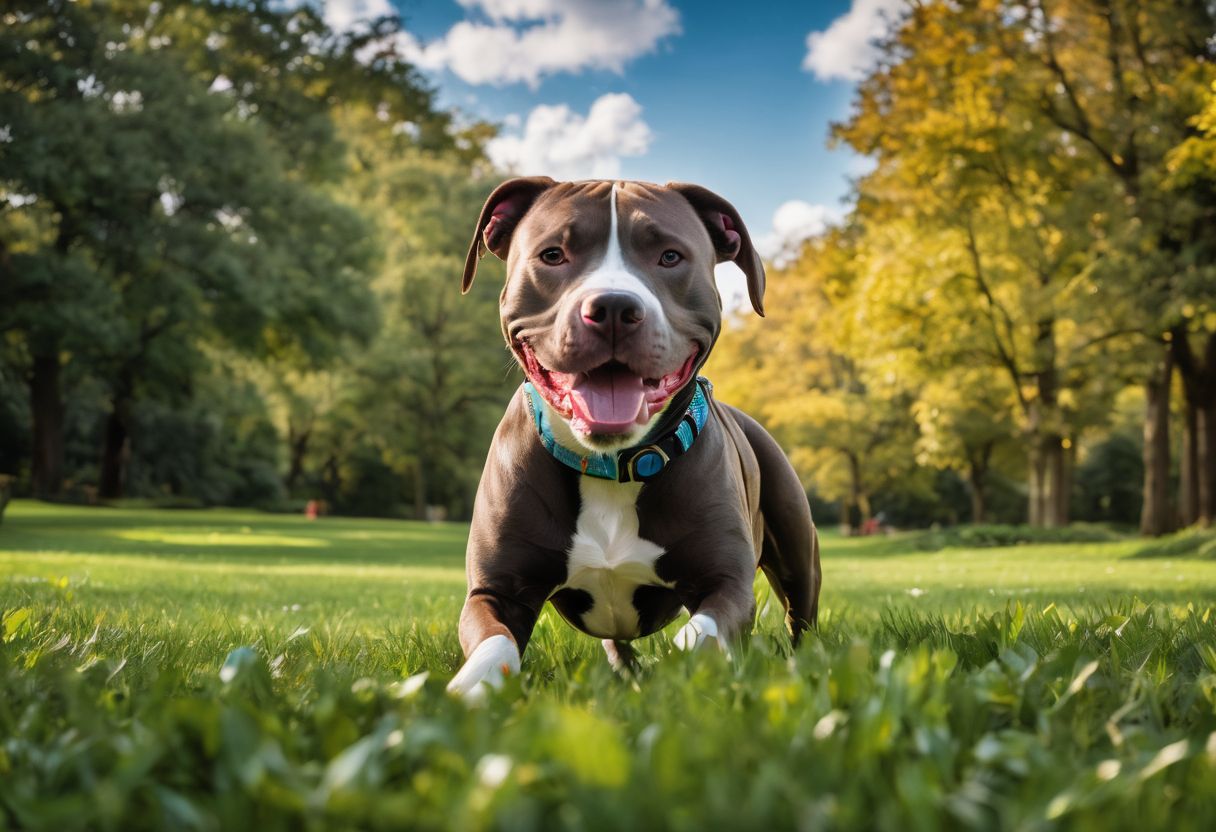Navigating the lifespan of your beloved Pitbull can be a challenging journey filled with many questions. Did you know that the average life expectancy for an American Pit Bull Terrier ranges from 12-14 years? This blog post is designed to help you understand the factors influencing their longevity, and how old do pitbulls live.
Ready? Let’s unveil the secrets behind your pit bull’s extended lifespan!
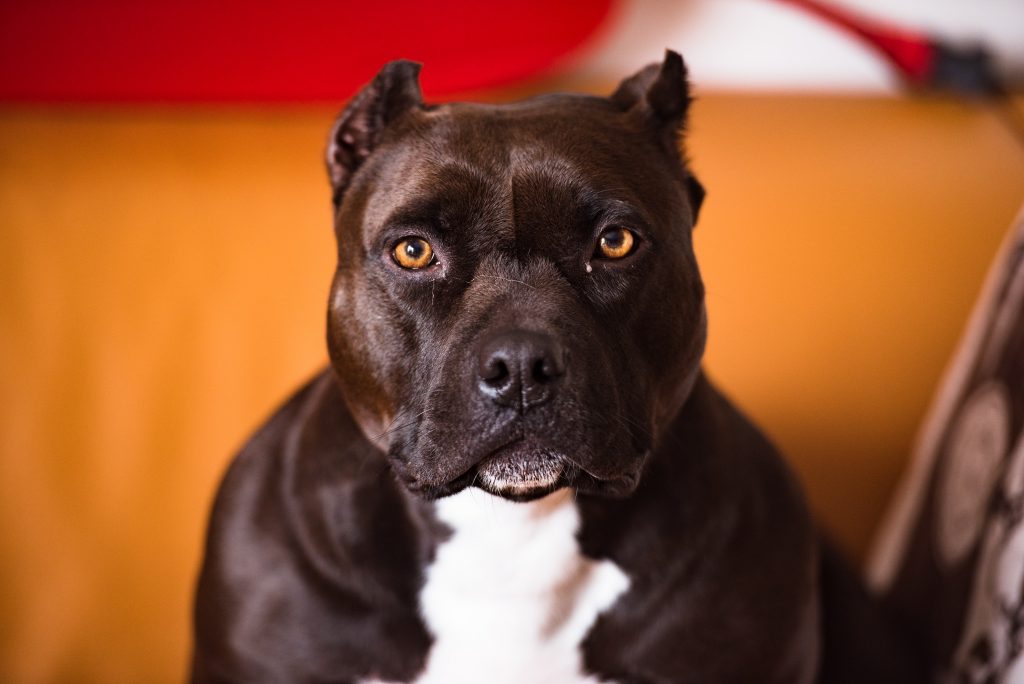
Key Takeaways
- Pitbulls have an average lifespan of 8 to 15 years, with the American Pit Bull Terrier living around 12 to 14 years.
- Factors like genetics, spaying/neutering, living conditions, activity/exercise, and diet/nutrition influence their lifespan.
- To increase a pitbull’s lifespan: provide enough space for them to move around, keep their living area clean and hazard-free, maintain a consistent temperature in their surroundings,
Factors Affecting Pitbull Lifespan
Genetics, spaying and neutering, living conditions, activity and exercise, and diet and nutrition all play a role in determining the lifespan of Pitbulls.
Genetics
Pitbulls are born with genes from their mom and dad. These genes shape how long they might live. Some Pitbulls get sick just because of the way their genes are made up, not because of anything else.
For instance, a blue nose pitbull may only live 10 to 12 years due to its genetics. All dogs have this risk and it’s one reason why some Pitbulls don’t always live as long as we want them to.
Spaying and Neutering
Spaying and neutering can have a positive impact on the lifespan of your pitbull. When you spay or neuter your dog, it helps prevent certain health issues that can shorten their life.
For example, spaying female pitbulls reduces the risk of uterine infections and breast cancer. Neutering male pitbulls helps prevent testicular cancer and reduces the likelihood of prostate problems.
Spaying and neutering also helps reduce behavior problems like aggression and roaming, which can lead to accidents or fights that may shorten their lifespan. So, if you want your pitbull to live a long and healthy life, consider getting them spayed or neutered.
Living Conditions
The living conditions of your pitbull can greatly influence their lifespan. Providing a safe and comfortable environment is essential for their overall well-being. Make sure they have enough space to move around and play, both indoors and outdoors.
Keep their living area clean and free from hazards that could cause accidents or injuries. Additionally, it’s important to maintain a consistent temperature in their living space, as extreme heat or cold can be harmful to them.
Creating a loving and stress-free atmosphere will contribute to their happiness and longevity. Remember that your pitbull is part of your family, so treat them with love and care just like you would any other member of your household.
Activity and Exercise
Regular activity and exercise are crucial for maintaining the health and lifespan of your Pitbull. Taking your dog for daily walks or engaging in playtime activities helps to keep them physically fit and mentally stimulated.
Aim for at least 30 minutes to an hour of exercise each day, depending on your dog’s age, energy level, and overall health. Physical activity helps prevent obesity, promotes strong muscles and joints, improves cardiovascular health, and reduces the risk of certain diseases.
So make sure you provide plenty of opportunities for your Pitbull to stay active and have fun!
Diet and Nutrition
Proper diet and nutrition are crucial for maximizing the lifespan of your Pitbull. Feed them high-quality dog food that is specifically formulated for their breed and age. Make sure the food contains a balanced mix of proteins, carbohydrates, fats, vitamins, and minerals.
Avoid overfeeding your Pitbull to prevent obesity, which can lead to various health problems and reduce their lifespan. Provide fresh water at all times to keep them hydrated. Additionally, consider incorporating healthy treats into their diet as rewards during training sessions.
By giving your Pitbull a nutritious diet, you can help them live a longer and healthier life.
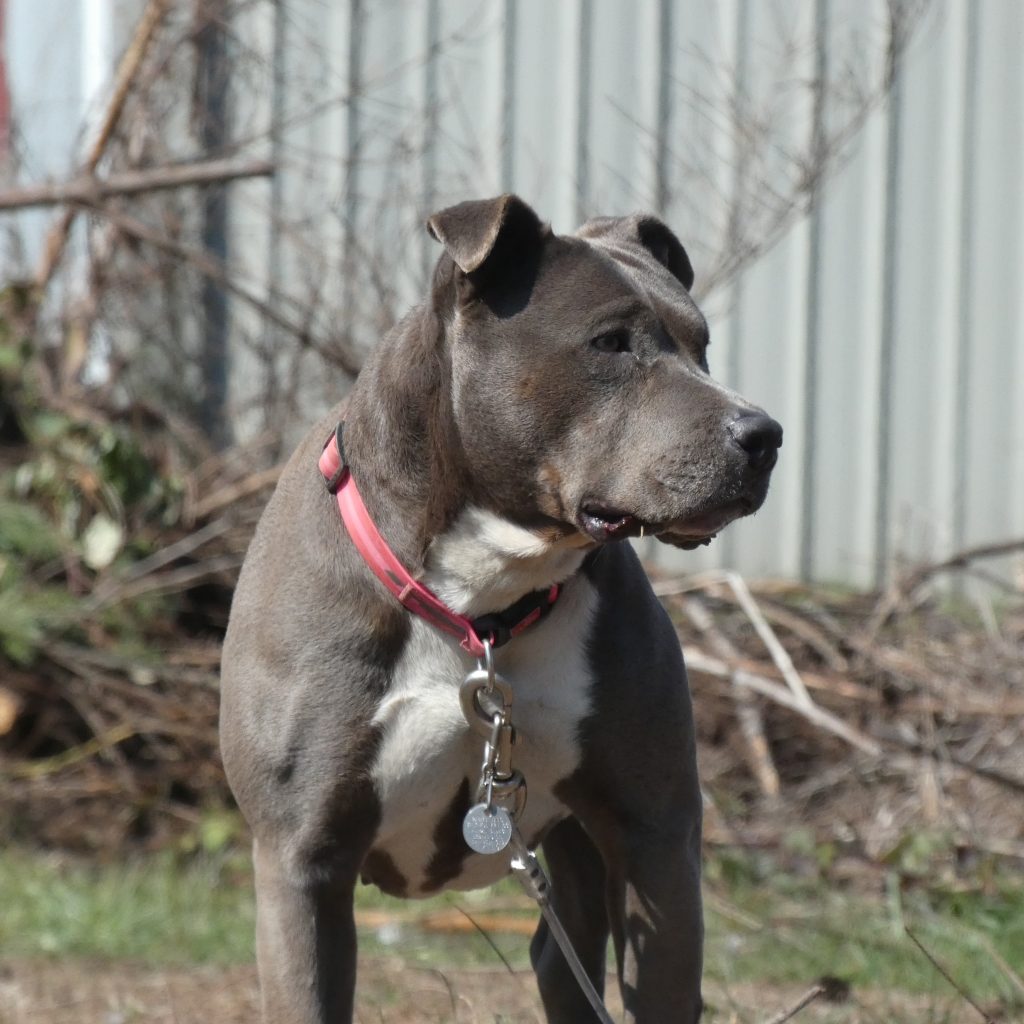
Common Health Issues in Pitbulls
Pitbulls commonly experience health issues such as hip dysplasia, allergies and skin conditions, thyroid disease, heart disease, and obesity.
Hip Dysplasia
Hip dysplasia is a common health issue in pitbulls. It occurs when the hip joint doesn’t fit together properly, causing pain and difficulty in walking or running. Pitbulls are more prone to hip dysplasia because of their genetics and physical structure.
It can also be influenced by factors like obesity and lack of exercise. If your pitbull shows signs of hip dysplasia, such as limping or difficulty getting up, it’s important to consult with a veterinarian for proper diagnosis and treatment options.
Regular exercise, maintaining a healthy weight, and providing joint supplements can help manage hip dysplasia in pitbulls and improve their quality of life.
Allergies and Skin Conditions
Pitbulls can be prone to allergies and skin conditions, which can affect their overall health and lifespan. Common skin issues include itching, redness, dryness, and rashes. Allergies can be caused by food or environmental factors such as pollen or dust mites.
It’s important to keep an eye out for any signs of discomfort or irritation in your pitbull’s skin. Regular grooming and using hypoallergenic products can help prevent and manage these conditions.
If you notice any persistent skin problems, it’s best to consult with a veterinarian for proper diagnosis and treatment. Taking care of your pitbull’s skin health is essential for ensuring they live a long and happy life.
Thyroid Disease
Thyroid disease is a common health issue in Pitbulls. It can affect their metabolism and energy levels. Some symptoms of thyroid disease include weight gain or loss, lethargy, and changes in appetite.
Regular vet check-ups can help detect and manage this condition. Providing a balanced diet with proper nutrition can also support thyroid health in Pitbulls.
Heart Disease
Heart disease is a common health issue in pitbulls that can affect their lifespan. It can be caused by various factors, including genetics and poor diet. Pitbulls with heart disease may show symptoms like coughing, difficulty breathing, and decreased energy levels.
It’s important to take your pitbull for regular check-ups with the vet to monitor their heart health. Providing them with a balanced and nutritious diet can also help prevent heart disease.
Additionally, keeping your pitbull active through regular exercise can support their cardiovascular system and promote overall well-being. By taking these steps, you can help reduce the risk of heart disease in your pitbull and increase their lifespan.
Obesity
Obesity is a common health issue in pitbulls that can affect their lifespan. Just like humans, when dogs are overweight, it can lead to various health problems and shorten their lives.
Pitbulls who are obese are at a higher risk of developing heart disease, diabetes, joint issues, and respiratory problems. It’s important to keep your pitbull at a healthy weight by feeding them a balanced diet and providing regular exercise.
Obesity can be prevented with portion control, choosing nutritious food, and engaging in activities like daily walks or playtime. By keeping your pitbull fit and trim, you can help them live a longer and healthier life.
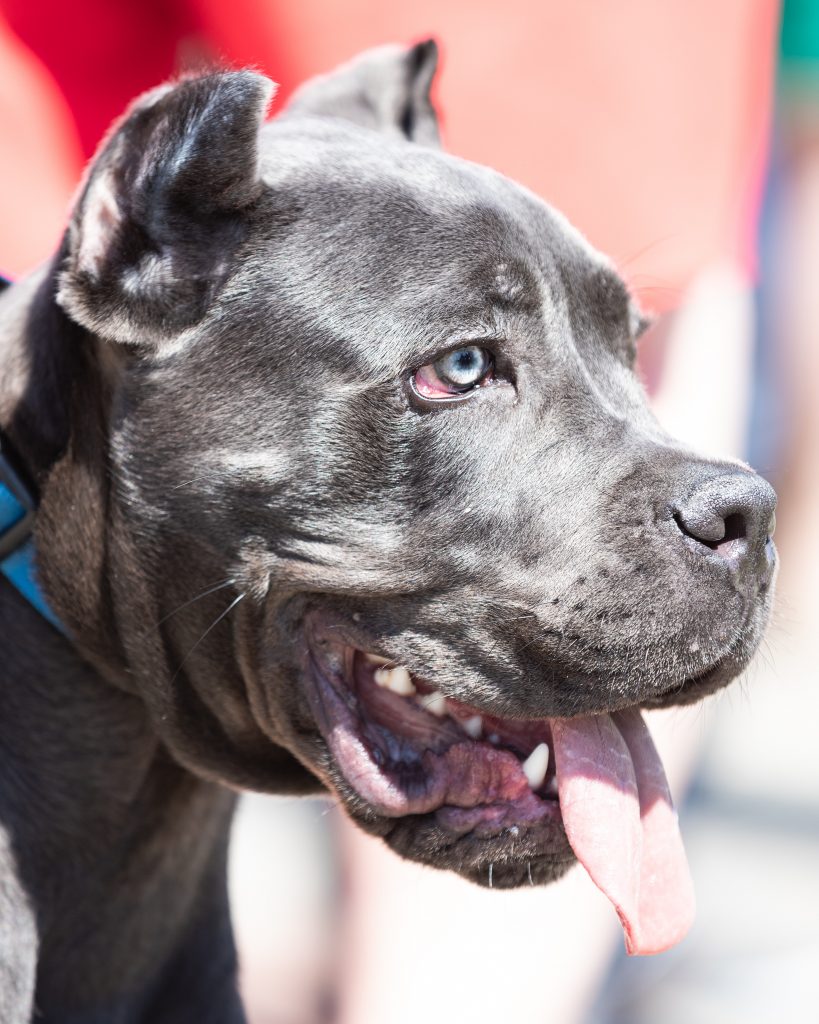
Tips for Increasing Pitbull Lifespan
Regular exercise, a healthy diet, regular vet checkups, and providing lots of love and care are essential factors in increasing the lifespan of Pitbulls.
Regular Exercise
Exercise regularly is important for increasing the lifespan of your pitbull. Here are some tips to help you ensure your dog gets enough exercise:
- Take your pitbull for daily walks or runs.
- Engage in active play sessions with your dog, such as fetching or playing tug-of-war.
- Provide mental stimulation through puzzle toys or training sessions.
- Consider enrolling your pitbull in agility courses or other dog sports.
- Make sure to vary the types of exercise to keep your dog interested and engaged.
Healthy Diet
A healthy diet is crucial for increasing the lifespan of your pitbull. Feeding them nutritious and balanced meals can help prevent obesity and other health issues. Make sure to provide high-quality dog food that is rich in protein and vitamins.
Avoid giving them too many treats or human food, as it can lead to weight gain and digestive problems. It’s also important to follow a consistent feeding schedule and avoid overfeeding.
Providing your pitbull with a healthy diet will contribute to their overall well-being and increase their chances of living a long, happy life.
Regular Vet Checkups
Regular vet checkups are important for maintaining your pitbull’s health and increasing their lifespan. Here are some reasons why:
- Detecting health issues early: Regular checkups allow the vet to catch any potential health problems before they become serious. This can help prevent complications and increase your pitbull’s longevity.
- Vaccinations and preventatives: Vets can ensure that your dog receives all necessary vaccinations and preventative treatments, such as flea and tick control or heartworm prevention. These measures can protect your pitbull from diseases and parasites that could shorten their lifespan.
- Dental care: Vets can assess and address any dental issues your pitbull may have, such as tartar buildup or gum disease. Proper dental care is crucial for maintaining overall health and preventing infections.
- Nutritional guidance: Vets can provide advice on the best diet for your pitbull’s specific needs, considering factors like age, weight, and any underlying health conditions. A balanced diet can contribute to a longer and healthier life.
- Monitoring aging process: As your pitbull gets older, regular vet checkups become even more important to monitor age-related changes in their body. This allows vets to intervene early if necessary and provide appropriate care for senior dogs.
Provide Lots of Love and Care
To increase the lifespan of your pitbull, it’s important to provide them with lots of love and care. Show them affection, spend quality time playing and bonding with them. This will help keep them happy and reduce stress, which can have a positive impact on their overall health.
Regular grooming is also important to maintain their coat and skin health. Furthermore, make sure they have access to clean water at all times and provide a balanced diet that meets their nutritional needs.
Regular vet checkups are essential for early detection of any health issues and to ensure they receive appropriate vaccinations and preventative treatments like heartworm medication.
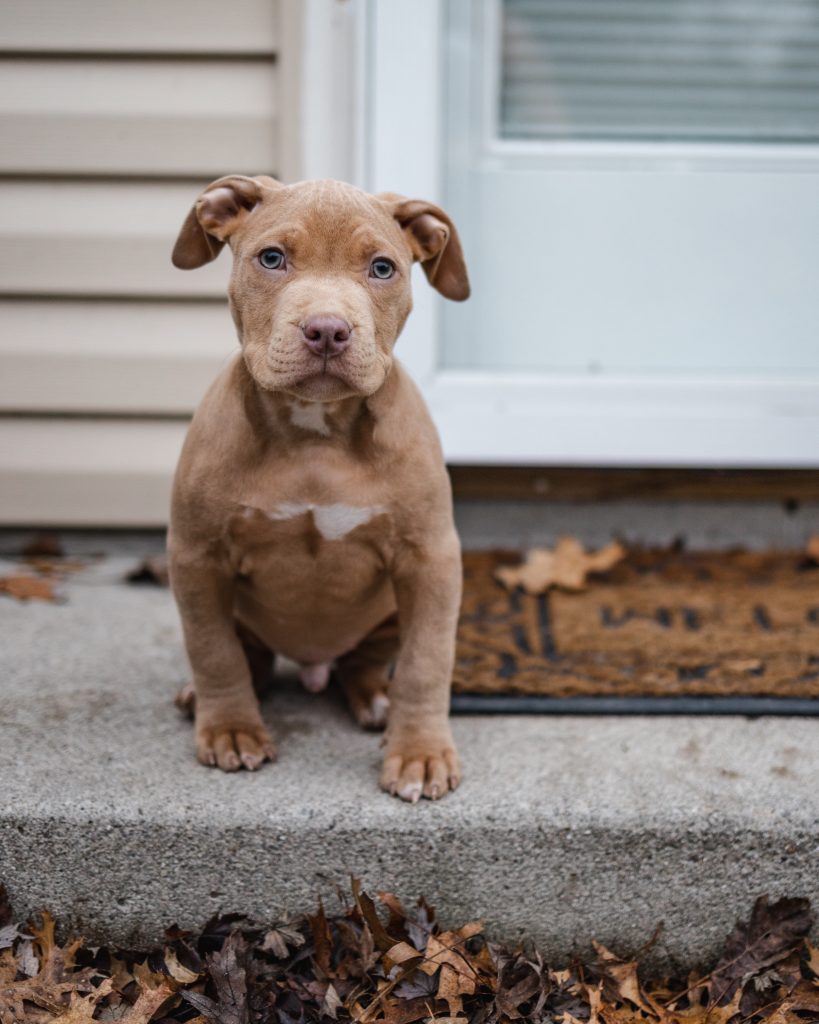
Conclusion
In conclusion, the lifespan of Pitbulls can vary depending on factors such as genetics, care, and nutrition. On average, they live between 8 to 15 years, with the American Pit Bull Terrier having a lifespan of 12 to 14 years.
By providing them with regular exercise, a healthy diet, vet checkups, and lots of love and care, we can help increase their lifespan and ensure they live happy and fulfilling lives.
FAQs
1. What is the average lifespan of pitbulls?
The average lifespan of pitbulls, a medium-sized dog breed, varies but it’s often between 12 to 14 years.
2. Does care and nutrition affect the lifespan of Pitbulls?
Yes, right care and nutrition for dogs can greatly improve their health and longevity, adding years to the life expectancy of dogs including Pitbull breeds.
3. How do genetics play a role in a pitbull’s lifespan?
Genetics have a big part in any dog breeds’ health and longevity. Specific Pitbull breed may have different average age due to their unique genetic traits.
4. Are there differences in lifespan among female Pitbull and other Pit Bull mixes?
Indeed! Lifespan variations exist among different dog breeds- like female pit bulls or pit bull mix might live longer than others based on factors affecting their lifespan such as genetics ,care and environment.
5. How does aging impact dogs such as Pit Bulls?
Aging affects all dogs; it could lead to health issues reducing canine life expectancy including that of typical lifespan of pit bulls . Timely veterinary care with focus on common causes of death in dogs can help manage healthy aging .
6. Can selecting specific Pitt Bull breed influence its expected Life span?
Absolutely! If you are picking specific Pitt Bull breeds or even Pitt Bull mix, understanding respective breed characteristics helps predict associated health risks which eventually impacts overall Breed Longevity.


